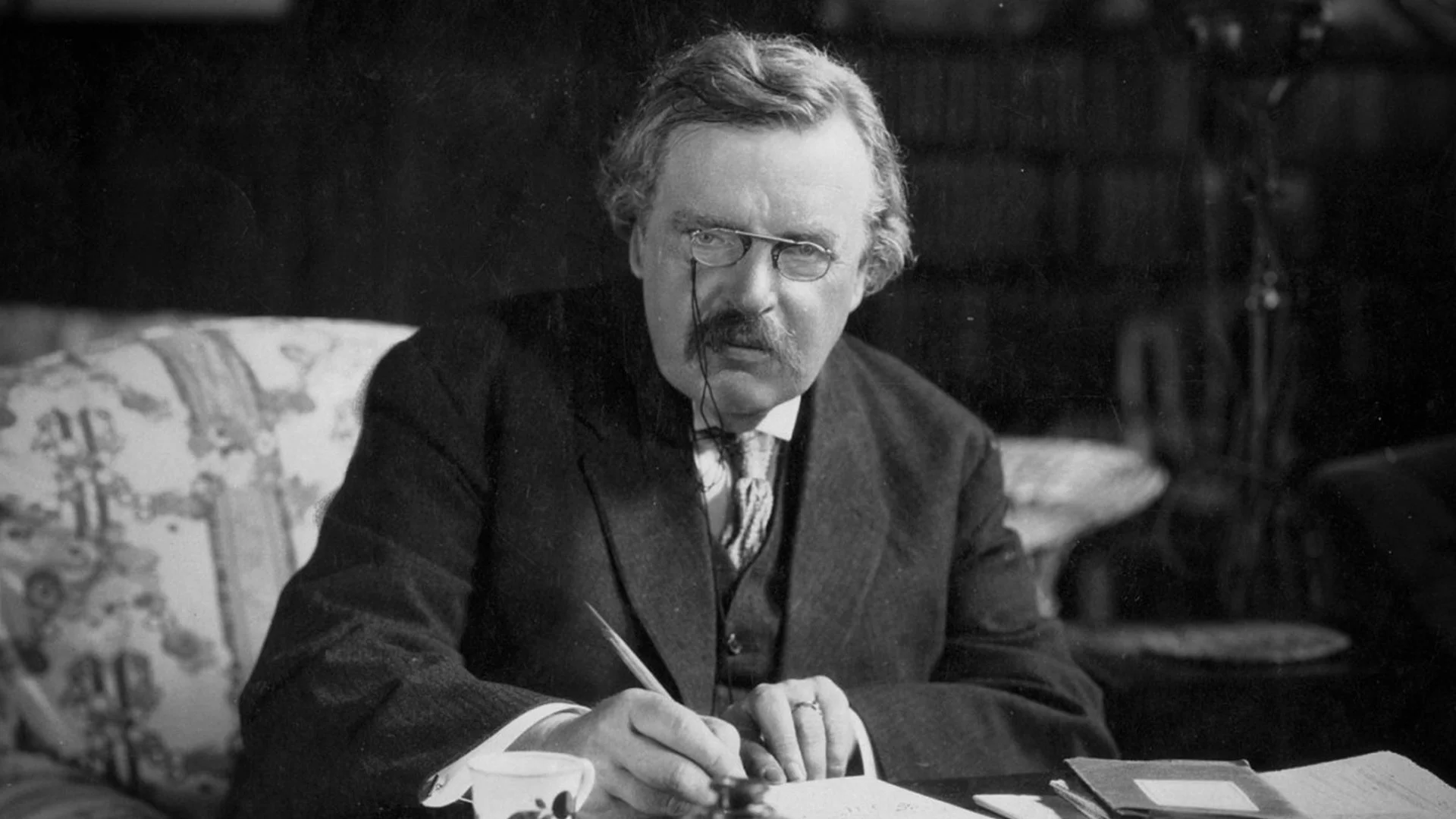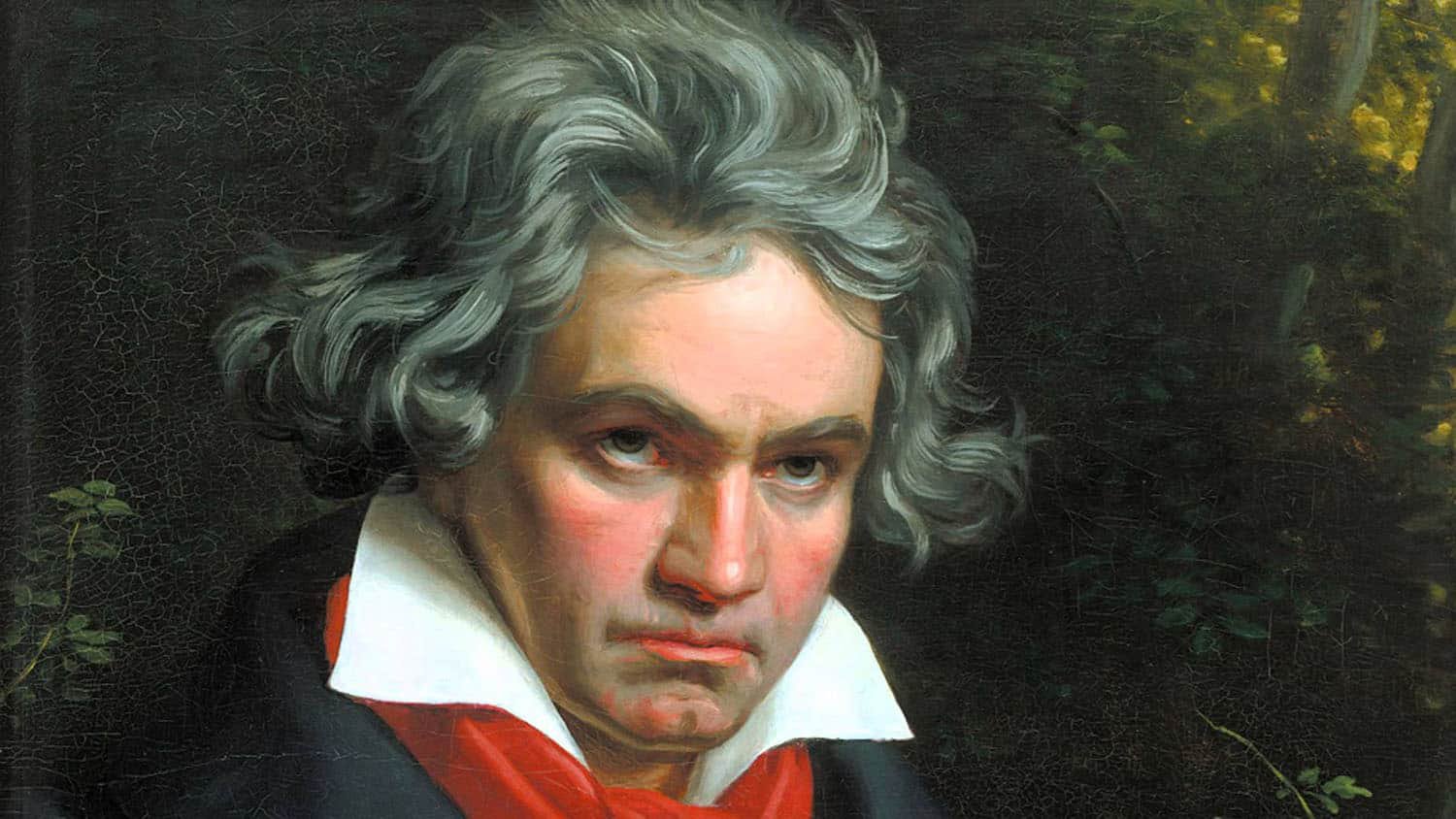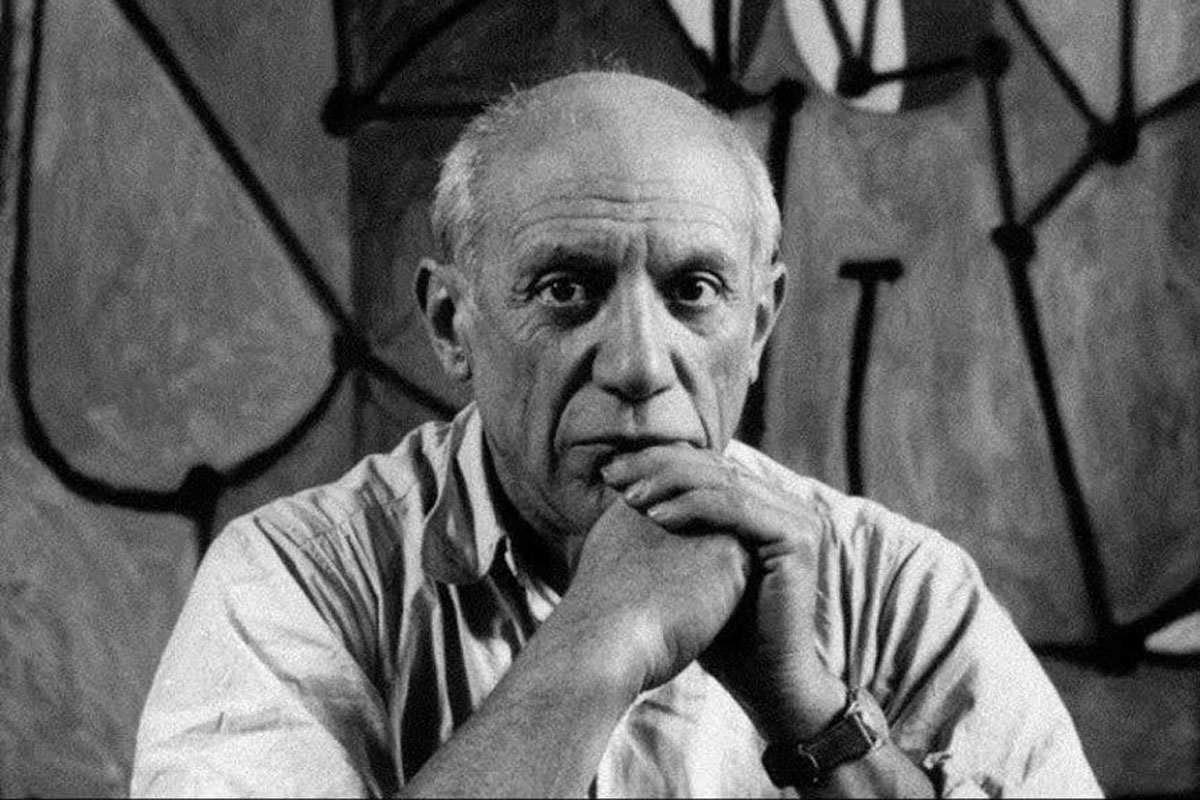This series of articles seeks to examine the character attributes of highly successful leaders, regardless of their adherence to a strong faith or moral standard. In presenting these thoughts, Leadership Ministries is not agreeing with or advocating these traits or practices, but rather presents these as ideas for discussion and development in your own leadership journey.
Theodore “Teddy” Roosevelt (1858-1919) was an American politician, stateman, conservationist, naturalist, historian and writer who served as the 26th President of the United States. He also served as Vice President under William McKinley and as Governor of New York. At age 42 when he was inaugurated after the assassination of McKinley, he remains the youngest person to become President.
President Theodore Roosevelt was one of the most powerful voices in the history of American conservation. Enthralled by nature from a young age, Roosevelt cherished and promoted our nation’s landscapes and wildlife. After becoming president in 1901, Roosevelt used his authority to establish 150 national forests, 51 federal bird reserves, four national game preserves, five national parks and 18 national monuments on over 230 million acres of public land.[1] Of the outdoors Roosevelt said, “There is a delight in the hardy life of the open. There are no words that can tell the hidden spirit of the wilderness that can reveal its mystery, its melancholy and its charm. The nation behaves well if it treats the natural resources as assets which it must turn over to the next generation increased and not impaired in value.”
Roosevelt was an avid reader, devouring a book a day, on average, throughout his life.
Roosevelt was an attentive husband and father, even as he was a public figure holding great responsibility. Famously he committed to be available to play with his children, even if it meant ending meetings of state to keep his promise. He said of family, “For unflagging interest and enjoyment, a household of children, if things go reasonably well, certainly makes all other forms of success and achievement lose their importance by comparison.”
Roosevelt was home-schooled and excelled in biology and science. He was a voracious reader and had a photographic memory.[2] He graduated magna cum laude from Harvard and attended Columbia Law School, after which he determined to enter politics.
Be courageous. Roosevelt lived through the Civil War and saw much death in the world he lived in. Physical and moral courage was highly valued in his time. He had a terrible health issue with asthma, but overcame it by a highly active and outdoor lifestyle. He wanted to serve as an example of courage to the nation as a whole, commenting, “There were all kinds of things of which I was afraid at first, ranging from grizzly bears to ‘mean’ horses and gun fighters; but by acting as if I was not afraid, I gradually ceased to be afraid.”
Roosevelt was a man of action, preferring to take the initiative versus respond to conditions set by others. He said, “Whatever I think is right for me to do, I do. I do the things that I believe ought to be done. And when I make up my mind to do a thing, I act.”[3] He was a man of great conviction who strived to live his personal values, which he felt would best serve the nation. In this he was the very definition of the “self-made man.” Roosevelt said, “Most of all, I believe whatever value my service may have, comes even more from what I am than from what I may do.”
Study to be a leader. Roosevelt exemplified a lifestyle of learning, continuing to read and study to gain new knowledge during his entire life. He said, “As soon as any man has ceased to be able to learn, his usefulness as a teacher is at an end. When he himself can’t learn, he has reached the stage where other people can’t learn from him.” Roosevelt believed that he could look at history’s examples to solve contemporary problems, and he became an accomplished historian. He researched and wrote a book on the naval battles during the War of 1812 which became a widely regarded textbook on the subject.
Roosevelt read a book or more each day, on average. “Fathers and mothers who are wise,” he wrote, “can train their children first to practice, and soon to like, the sustained mental application necessary to enjoy good books.” He wrote that he could “almost always” read in the evenings, and if he was otherwise occupied, he’d schedule half an hour of reading before bed. But he never limited himself to just the evening for reading. “All kinds of odd moments turn up during even a busy day, in which it is possible to enjoy a book,” he wrote.[4]
Put the team first. Roosevelt led a regiment in the Spanish-American War. His Second Calvary Brigade was nicknamed the “Rough Riders”. It was an odd mix of Ivy League athletes, glee club singers, Texas Rangers and Native Americans. Among these men were also police officers and military veterans who wished to see action again, most of whom had already retired. All accepted into the regiment had to be skilled horsemen and eager to see combat.[5] The unit was entirely volunteers. Roosevelt himself penned a history of his time leading the regiment, and the stories quickly became legend. He wrote, ““All—Easterners and Westerners, Northerners and Southerners, officers and men, cowboys and college graduates, wherever they came from, and whatever their social position—possessed in common the traits of hardihood and a thirst for adventure. They were to a man born adventurers, in the old sense of the word.”
Roosevelt’s regiment, nicknamed the “Rough Riders”, were fiercely loyal to their leader.
In the Battle of San Juan Hill, Roosevelt took command and planned a charge up Kettle Hill. Colonel Roosevelt rode off on his horse, Texas, leading his own men uphill while waving his hat in the air and cheering. As a result of his bravery, always putting himself in harm’s way ahead of his men, the Rough Riders followed him with enthusiasm and obedience without hesitation. Many of the Rough Riders continued to serve under Roosevelt in various capacities for the remainder of their lives. Roosevelt later said of the Rough Riders, “It was a pleasure to deal with a man of high ideals, who scorned everything mean and base, and who possessed those robust and hardy qualities of body and mind, for the lack of which no merely negative virtue can ever atone.”
[1] https://www.doi.gov/blog/conservation-legacy-theodore-roosevelt
[2] Brands (1998). T.R.: The Last Romantic. p. 49. ISBN 978-0-465-06959-0
[3] https://servetolead.com/10-theodore-roosevelt-leadership-lessons/
[4] https://southoldlibrary.org/13-reading-tips-from-theodore-roosevelt/
[5] https://en.wikipedia.org/wiki/Rough_Riders

































Frank Winfield Woolworth was an American entrepreneur, and founder of the F. W. Woolworth Company. He pioneered the retail variety stores which featured low-priced merchandise selling for 5 and 10 cents.